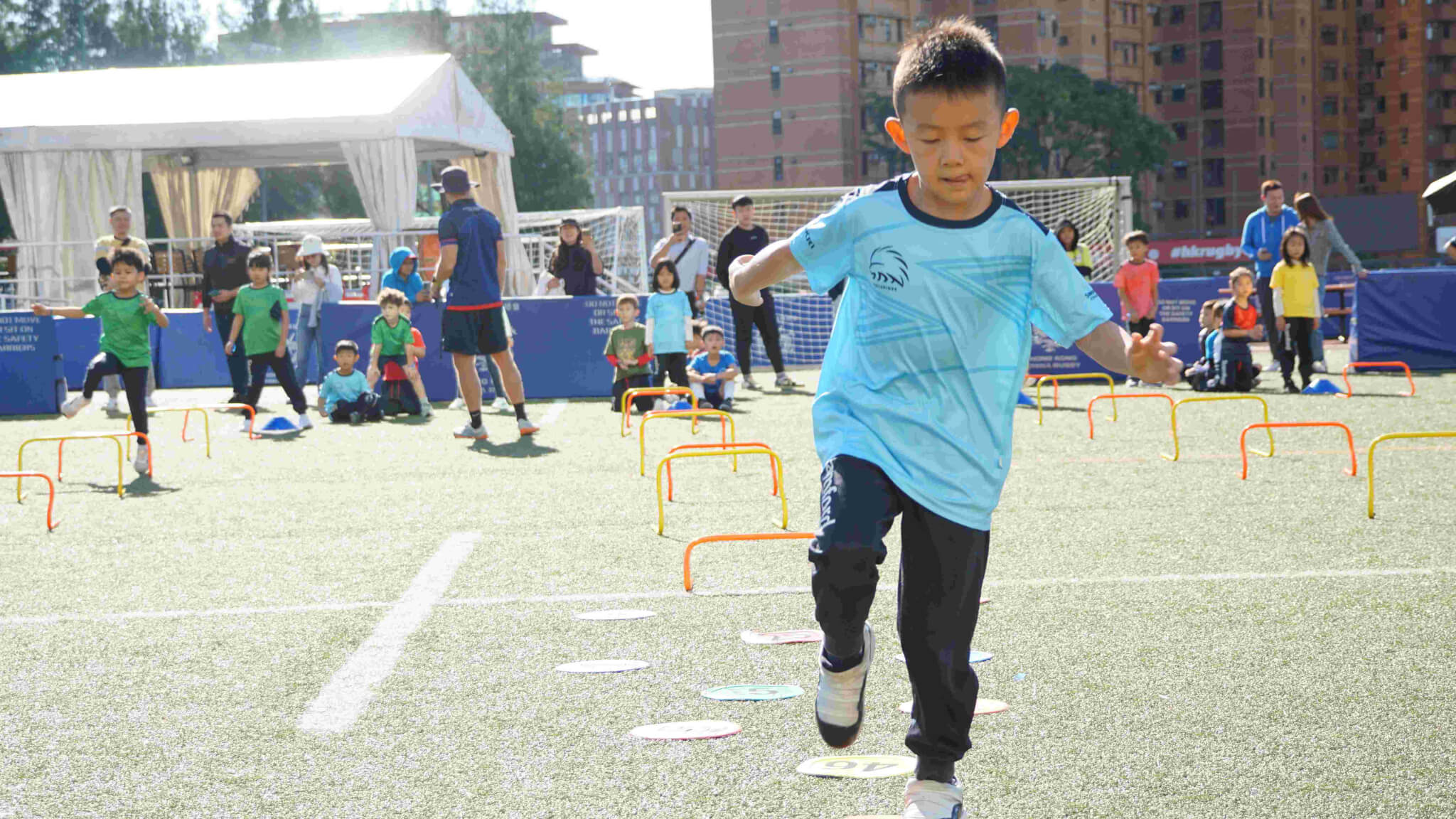Introduction
Imagine this: a child walks off the field after missing the winning goal. At the same time, another child frowns at a math test that they did not pass. One more does not hear their name being called during team tryouts. These are tough moments, but they are also normal.
Every child will face setbacks in different parts of life. They might feel disappointed, sad, or even like giving up. However, these experiences can help them grow. Knowing how to deal with setbacks teaches kids important life skills. They learn to keep going, stay calm during tough times, and find solutions instead of stopping.
By guiding children through failure, we help them build patience, problem-solving skills, and belief in themselves. These lessons can shape their future in powerful ways.
The Importance of Embracing Failure for Child Development
A. Shifting Perspective: Failure as a Learning Opportunity
Many kids think failure means they are just not good enough, but failure is not the end; it is just one step.
Mistakes can be seen as feedback. When something does not go well, it helps us see what to change. This mindset helps kids move forward instead of getting stuck.
B. Cultivating a Growth Mindset
Kids with a fixed mindset say, “I can’t do this.” But those with a growth mindset say, “I can’t do this yet.”
They believe that skills can improve through effort. This belief helps children push through setbacks and try again instead of quitting.
C. Building Resilience
Children who learn to handle failure bounce back faster. They become steadier inside and less likely to give up.
Learning how to deal with setbacks helps children stay calm and find solutions instead of giving up.
D. Fostering Problem-Solving Skills
When something goes wrong, children learn to ask, “What can I do next?” or “What should I try differently?”
Looking for answers helps them think clearly and make better choices. This makes their mind stronger for future challenges.
E. Enhancing Self-Efficacy and Confidence
Every time a child overcomes a challenge, they see that their efforts matter. They begin to believe in their ability to keep improving.
Little by little, they build trust in themselves. They learn that there are many ways to overcome failure, and they become more confident because of it.
Common Types of Setbacks Kids Face
A. Academic Setbacks
Some kids struggle with tests, homework, or understanding lessons. These setbacks can affect how they see school and how much they enjoy learning.
B. Social Setbacks
Friendship fights, being left out, or not feeling accepted can hurt. These social setbacks can make kids feel unsure of themselves.
C. Extracurricular/Sports Setbacks
Missing a goal, not getting picked for the team, or forgetting a line on stage can be upsetting. But these setbacks also offer learning moments.
D. Personal Challenges
Sometimes kids feel they have let themselves down by not reaching a goal, breaking a promise, or making a mistake. These personal setbacks help kids learn responsibility and how to move forward.
How Parents and Caregivers Can Guide Children Through Setbacks
A. Validate Feelings, Don’t Dismiss Them
Instead of saying “It’s no big deal,” try “That must feel really hard.”
It is important to name and accept a child’s feelings. This helps them move through disappointment instead of pushing it down.
B. Model a Healthy Response to Failure
Share your own stories. Let your child know you have had your own setbacks, too, and explain how you kept going. Parents who show healthy behavior teach kids more than just telling them.
C. Focus on Effort and Process, Not Just Outcome
Praise things like hard work, practice, and trying again. Instead of saying “Good job on the grade,” say “I saw how much time you spent studying.”
This keeps their focus on growth, not just results, even during setbacks.
D. Encourage Reflection and Analysis
Ask questions like:
- “What went well?”
- “What could you try differently next time?”
This kind of thinking helps children learn from mistakes. It teaches them there are always ways to overcome failure.
E. Brainstorm Solutions and Take Action
Sit down with your child and talk about what they can try next. Make a small, clear plan together. Focus on what your child can do now instead of what they cannot control. This will give them a sense of direction.
F. Provide Support and Encouragement
Remind your child of their strengths. Say things like, “Remember how you improved your reading last month?”
Even during tough times, hearing that they have been strong before helps them keep trying.
G. Avoid Over-Protecting or Fixing Everything
Let your child try things on their own, even if it does not go perfectly. That is how they learn.
If we fix every problem for them, they miss out on learning how to deal with setbacks for themselves.
Strategies Children Can Learn to Overcome Setbacks
A. Positive Self-Talk
Teach your child to say, “I can try again,” or “I’m still learning,” instead of “I’m not good at this.”
Kind self-talk helps children stay calm and focused during stress. This is key to learning how to deal with setbacks.
B. Seeking Support
Let children know it is okay to ask for help. Talking to a teacher, coach, or parent can make hard moments feel less lonely.
C. Setting Realistic Goals
Big goals can be scary. Break them into small steps that feel possible. This makes it easier for kids to see progress.
D. Practicing Perseverance
Let children know that success does not always come fast. It often takes more than one try.
Building patience helps them get through setbacks without giving up.
E. Learning from Mistakes
Instead of hiding mistakes, help kids look at what they can learn from them.
Each mistake is a chance to grow, and one of the best ways to overcome failure.
F. Celebrating Small Wins
Notice even small progress. Say, “You worked hard today,” or “You stayed calm even when it was hard.”
These little wins remind kids that they are getting better, even if they are not all the way there yet.
How Setbacks Help a Child Succeed
Learning how to deal with setbacks is one of the most valuable things a child can do. It helps them build confidence, patience, and courage.
These skills do not just help in school. They help children become steady, kind, and confident adults.
At Stamford American School Hong Kong, we believe every child can learn to grow from challenges. By giving them the tools and support they need, we prepare them not just for now but for life.
Let’s teach children that setbacks do not mean they have failed. Setbacks mean it is time to try again, this time with more strength, more courage, and more belief in themselves.
There are always ways to overcome failure, and every child is capable of finding them.





